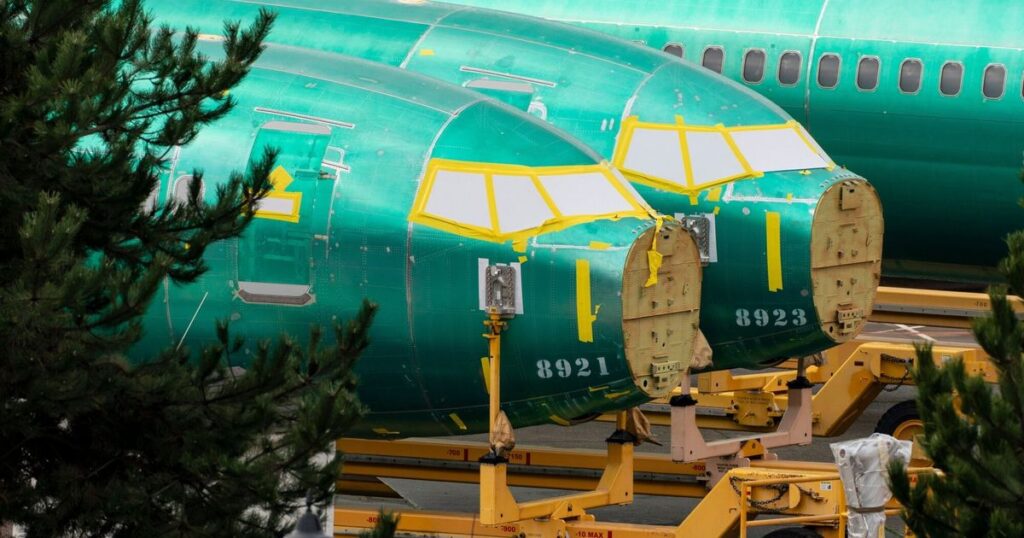Ethiopian Airlines has more than 100 planes on order with Boeing, but delivery delays are hampering expansion at Africa’s biggest carrier.
“We still have a shortage compared to our longer-term plan,” Mesfin Tasew, CEO of Ethiopian Airlines, said in an interview. “This will continue maybe for the coming two years.”
The airline then expects to receive widebody aircraft from Boeing and Airbus “in large numbers, and we hope we will catch up,” Mesfin said on Bloomberg TV.
While the U.S. manufacturer is emerging from one of its toughest periods, it’s still not delivering fast enough for the African carrier.
Carriers across the world that have significant orders with the plane-maker could see their aircraft arriving later than planned, forcing them to postpone route expansions, reduce flight frequencies or slow fleet renewal. Such shortfalls may push up leasing rates or lead airlines to extend the service lives of older planes.
Ethiopian has ordered at least eight of Boeing’s 777X, according to its website. The planes are slated to fly commercially for the first time in early 2027 instead of next year.
Ethiopian’s deliveries are expected between now and 2030, and the airline is waiting to place additional widebody orders, confirming options and purchase rights with both Boeing and Airbus, Mesfin said.
Deliveries of narrowbody jets is on track, he said, forecasting passenger growth of as much as 15% this year, despite the widebody delays.
Ethiopia plans to begin building a new $10 billion airport in January after a decade of planning. Three companies have been contracted to prepare the site for Abusera, 25 miles south of Addis Ababa, the capital.
The facility will handle 60 million passengers initially and 110 million when complete in 2029. The existing Addis Ababa Bole International Airport is close to hitting capacity of 25 million passengers annually.
Ethiopian plans to cover 30% of the total investment and finance the remainder. Last month, it conducted a roadshow for potential lenders and “received very positive feedback, with some financing institutions already pledging funds for the project,” Mesfin said.
The African Development Bank may invest $500 million, while the U.S. International Development Finance Corp. has also expressed interest in the project.

